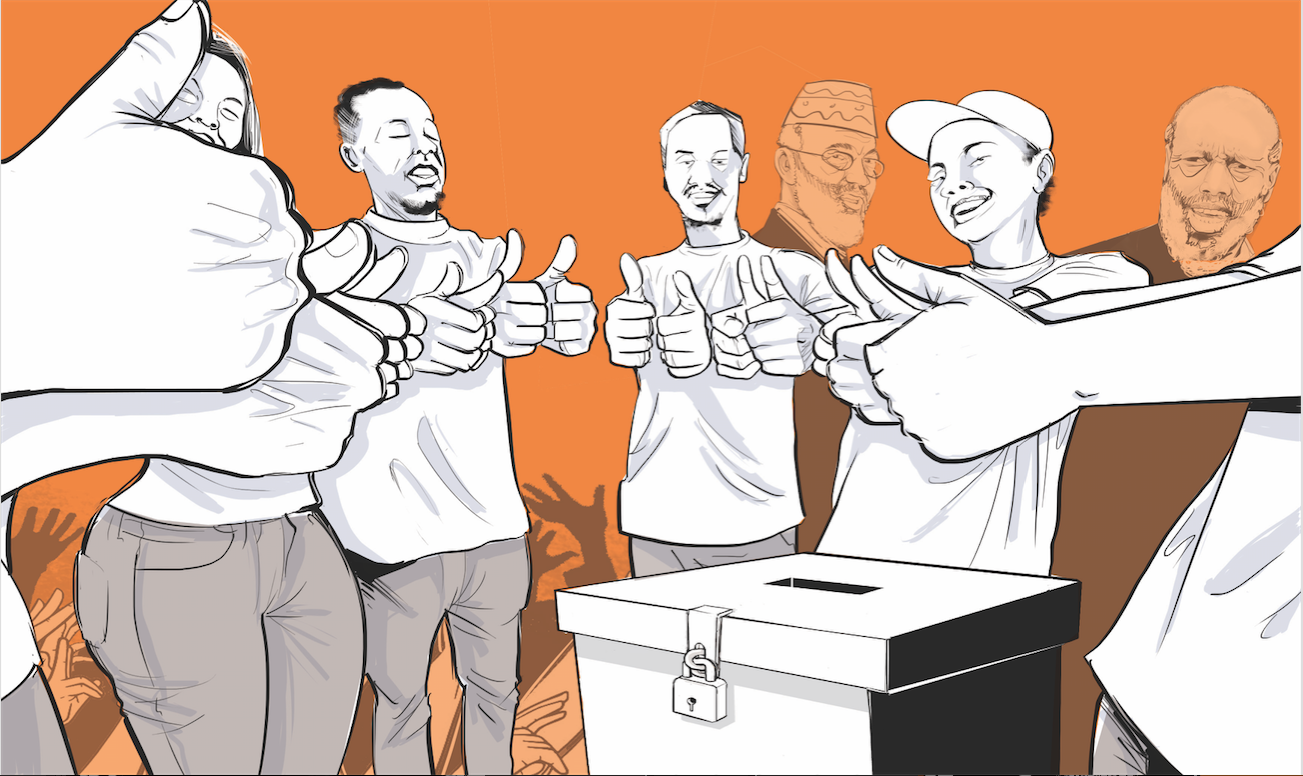

Kisumu East MP Shakeel Shabbir on Saturday declared that “90 per cent of parliamentarians are corrupt.”
Speaking during the 2025 Integrity Walkathon, organised by Transparency International Kenya, the lawmaker said MPs and senators had “sold their souls to the Executive” by pocketing payouts to oust former Deputy President Rigathi Gachagua. MPs received Sh500,000 each and senators Sh10 million, he added.
Shabbir is not your ordinary MP. He chairs the African Parliamentarians Network against Corruption and has served in Parliament for more than a decade. As such, his revelations carry weight.
At the same event, Kenya Human Rights Commission executive director Davis Malombe criticised the Office of the Director of Public Prosecutions for dropping high-profile graft cases, especially those involving allies of William Ruto, shortly after the IEBC swore him in as President, despite investigations linking the accused to misappropriation, plunder and theft of public resources.
Integrity is the foundation of legitimate governance. Kenya’s constitution, under Article 73, declares that public office is a public trust. Leadership is supposed to embody integrity, accountability and selflessness.
The courts have affirmed this standard repeatedly. Consider Nancy Barasa, Kenya’s first deputy chief justice, who lost her job in Petition No 23 of 2012 for pinching a security guard’s nose. The tribunal ruled her conduct violated Article 73, holding that dignity and respect are non-negotiable for public officers.
Politician and former Nairobi governor Mike Sonko learned the same lesson after he was impeached for abuse of office and misconduct. This blocked him from running for office in 2022, when he had eyed the Mombasa gubernatorial seat. The Supreme Court, citing Article 73, upheld his disqualification.
The case of Mumo Matemu v Trusted Society of Human Rights Alliance & Others (2013) raised a deeper question about leadership in Kenya. His appointment as chair of the Ethics and Anti-Corruption Commission was nullified by the High Court on integrity grounds, only for the Court of Appeal to reinstate him.
But the debate it sparked was larger than one man, with questions such as whether technical competence should outweigh moral character. Article 73 of the constitution provides the answer. Public office is not simply about academic qualifications or professional skills, but about trust, accountability and moral standing.
If one individual can be dismissed for arrogance or barred from office for misconduct, why then should Parliament escape scrutiny when accusations of mass corruption are raised?
Biblically, Proverbs 10:9 reminds us that “whoever walks in integrity walks securely.” The deeper meaning here is that integrity is not about sanctimonious displays but about doing what is right when no one is watching.
But we cannot leave this fight to Parliament alone. Integrity is also about us, the voters, and it starts with the choices we make. In 2027, we cannot afford to sell our votes for coins, rice, or empty promises. We must reject those who pass anti-people’s laws, overtax the poor, abduct dissenters and dodge accountability.
Kenya must enforce this will through the ballot. We already have the laws, the precedents and the constitutional standards to protect us from people with questionable integrity. The question before us is whether we will keep electing leaders who sell us out, or finally choose men and women whose lives reflect integrity. The answer will determine whether Kenya remains trapped in corruption or walks securely into a just future.
Program Manager for Inclusion and Political Justice at the Kenya Human Rights Commission













